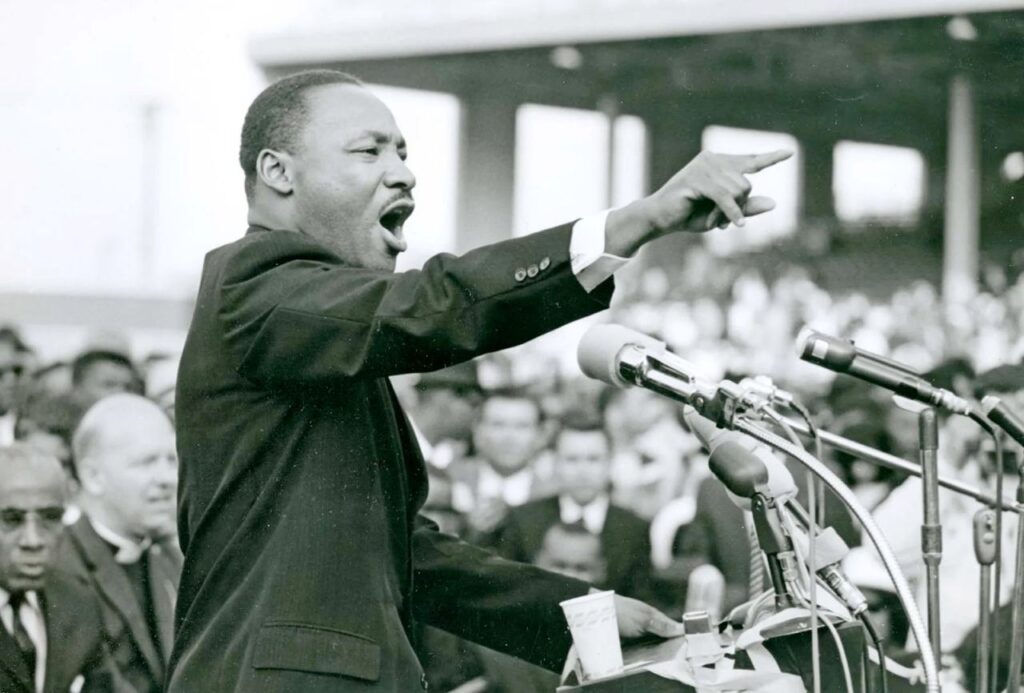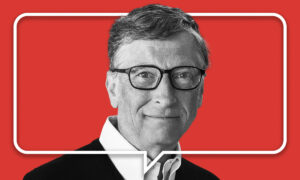
In the annals of history, there are individuals whose unwavering commitment to equality and justice leaves an indelible mark on society. Martin Luther King Jr. is one such extraordinary figure, whose life’s work in the civil rights movement transformed a nation and inspired the world. This biography will delve into the life of Martin Luther King Jr., tracing his journey from a humble upbringing to becoming a beacon of hope for the fight against racial inequality and segregation.
Early Life and Background:
Martin Luther King Jr. was born on January 15, 1929, in Atlanta, Georgia, to Martin Luther King Sr. and Alberta Williams King. Growing up in the racially segregated South, young Martin experienced the harsh realities of discrimination and segregation from an early age. His father, a Baptist minister, instilled in him the values of faith, compassion, and justice. These early experiences and teachings played a pivotal role in shaping his future as a civil rights leader.
Major Achievements and Contributions:
Martin Luther King Jr.’s impact on the civil rights movement is immeasurable. He emerged as a charismatic and influential leader, known for his commitment to nonviolent protest. In 1955, he led the Montgomery Bus Boycott, a successful year-long protest against segregated bus seating. This marked the beginning of a new era in the fight for civil rights.
One of his most iconic moments came during the March on Washington for Jobs and Freedom in 1963, where he delivered his famous “I Have a Dream” speech. His words, filled with hope and a vision of racial equality, resonated with millions and became a defining moment in American history.
His relentless advocacy for civil rights led to the passage of the Civil Rights Act of 1964 and the Voting Rights Act of 1965, both of which aimed to end racial segregation and discrimination. Martin Luther King Jr.’s contributions extended beyond legislative achievements; he inspired countless individuals to join the struggle for justice.
Obstacles and Challenges:
Martin Luther King Jr. faced numerous obstacles and challenges in his pursuit of civil rights. His commitment to nonviolent resistance was met with violence and hostility from segregationists and white supremacists. He was arrested multiple times and faced threats to his life and his family’s safety.
The Birmingham campaign of 1963 witnessed police brutality against peaceful protestors, including King himself. However, these challenges only strengthened his resolve, and he continued to lead the movement with unwavering determination.
Character Traits and Qualities:
Several character traits and qualities defined Martin Luther King Jr.’s inspirational personality. He was a resolute leader, unwavering in his dedication to justice. His eloquence and ability to communicate complex ideas in simple, powerful language made him a captivating speaker. King’s commitment to nonviolence and his belief in the power of love and forgiveness set him apart as a visionary leader.
Legacy and Influence:
Martin Luther King Jr.’s legacy extends far beyond his lifetime. His work paved the way for significant advancements in civil rights and inspired generations of activists to continue the fight for equality. His principles of nonviolent resistance continue to influence movements worldwide.
The Martin Luther King Jr. National Historic Site in Atlanta, Georgia, preserves his childhood home, church, and final resting place, serving as a symbol of his enduring influence. His birthday is commemorated as a national holiday in the United States, and his name is synonymous with the struggle for civil rights and equality.
Quotes and Inspirational Messages:
- “Darkness cannot drive out darkness; only light can do that. Hate cannot drive out hate; only love can do that.” – This quote emphasizes the power of love and nonviolence in overcoming hatred and injustice.
- “Injustice anywhere is a threat to justice everywhere.” – King’s message underscores the interconnectedness of all humanity in the pursuit of justice.
- “Our lives begin to end the day we become silent about things that matter.” – This quote encourages individuals to speak out against injustice and oppression.
In the story of Martin Luther King Jr., we find a testament to the transformative power of courage, compassion, and unwavering commitment to justice. His life’s work continues to inspire individuals worldwide to stand up for equality and fight against injustice. Martin Luther King Jr.’s biography serves as a timeless reminder of the change that can be achieved through nonviolent resistance and the pursuit of a just and equitable society.






